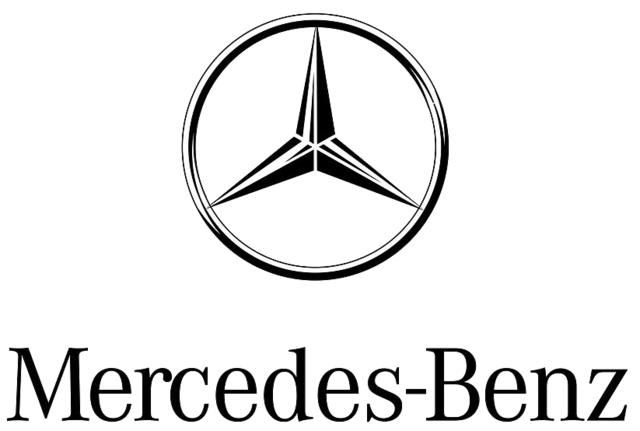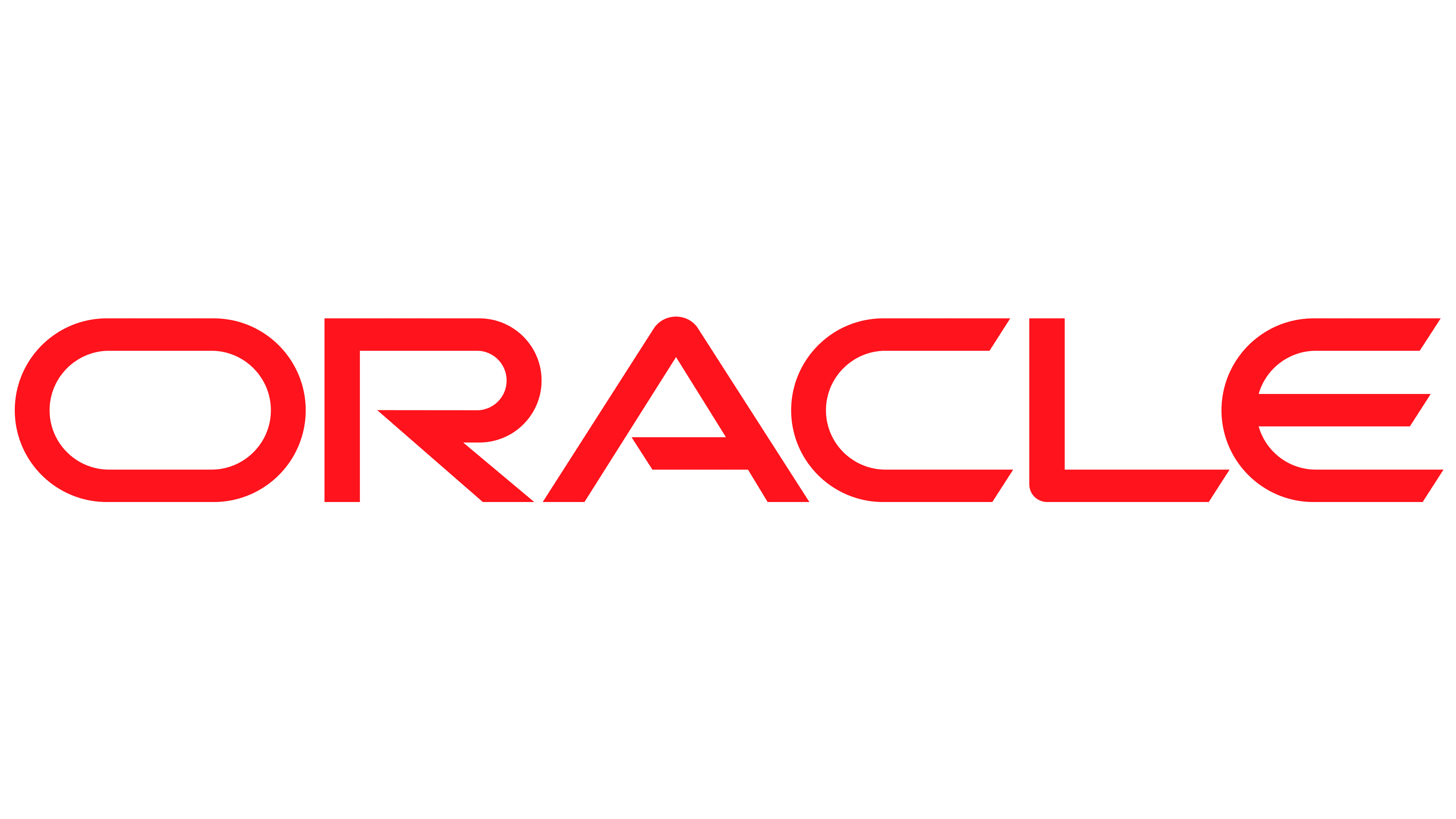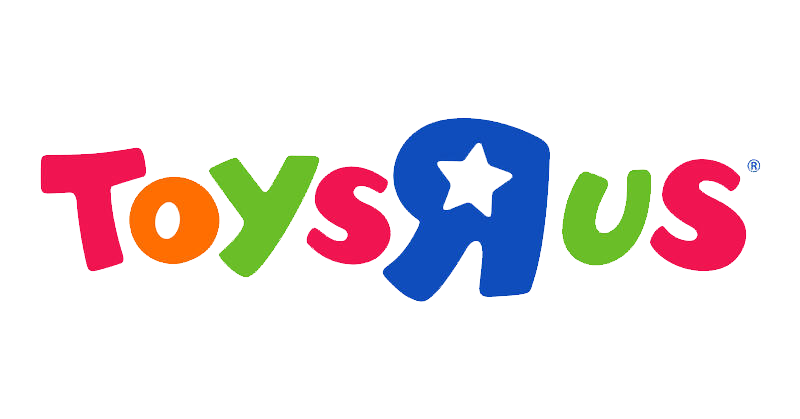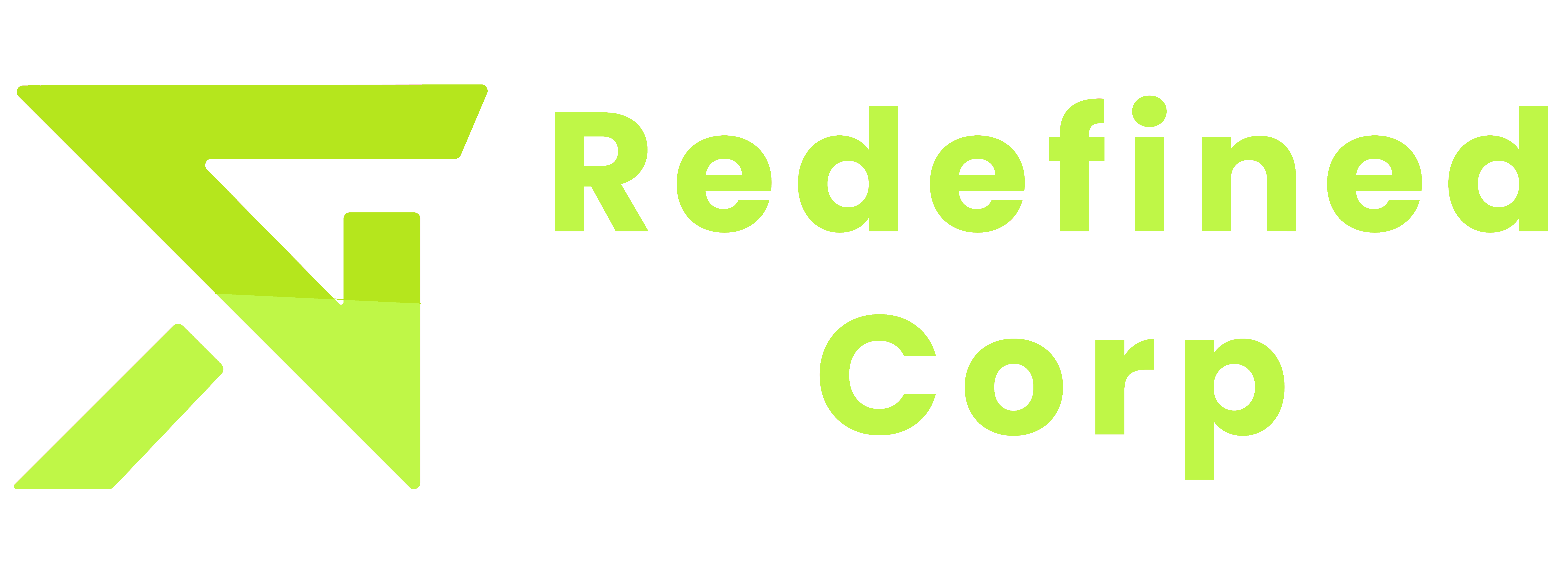
A semiconductor course focuses on the principles, design, and applications of semiconductor materials and devices, which are the backbone of modern electronics. Such a course is valuable for students and professionals aiming to work in industries like electronics, telecommunications, computing, and renewable energy.
Key feature of Semiconductor
Materials with electrical conductivity between conductors and insulators, making them essential for modern electronics. Key features include the ability to control electrical current through doping (introducing impurities), which allows the creation of p-type and n-type semiconductors. They operate based on principles like carrier generation, recombination, and the formation of junctions (e.g., p-n junctions) that enable devices like diodes and transistors. Semiconductors are used in various applications, from microprocessors and solar cells to sensors and LEDs, and are fundamental to technologies like integrated circuits and quantum computing.
Services in Semiconductor
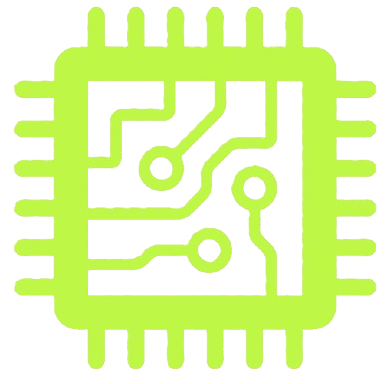
Chip Design
Chip design in semiconductors involves the creation of integrated circuits (ICs) that perform specific functions within electronic devices.
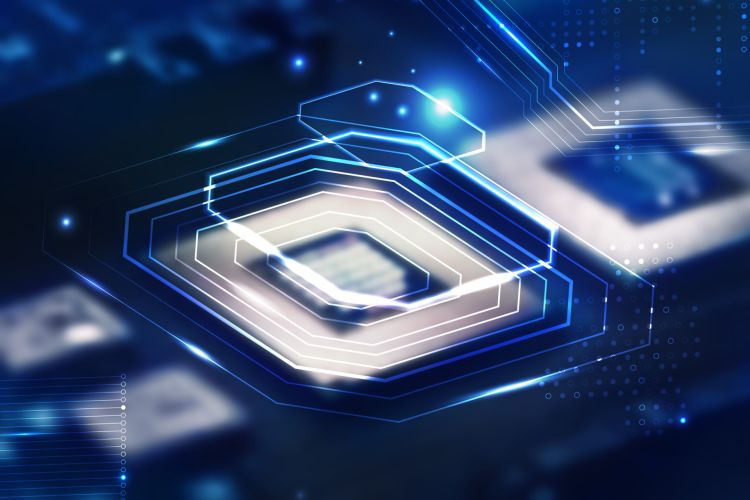

Power Electronics
Power electronics is a branch of electrical engineering that deals with the conversion, control, and management of electrical power.


Embedded Systems
It provides a centralized repository for decision-makers to access and analyze data for strategic insights. Relevant technologies in data warehousing include
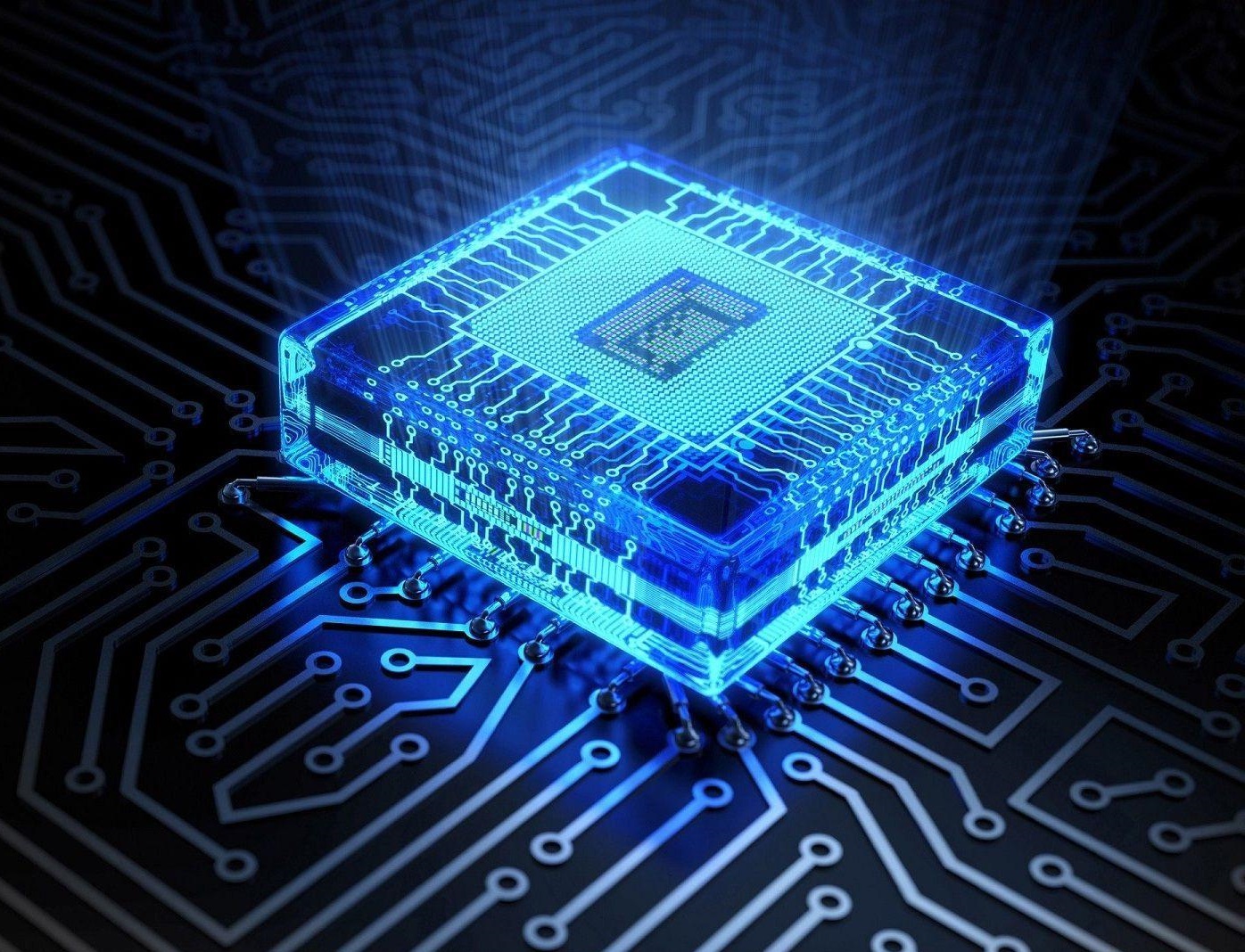

Software Architecture
Embedded systems are specialized computing systems designed to perform specific functions within larger systems or devices


















